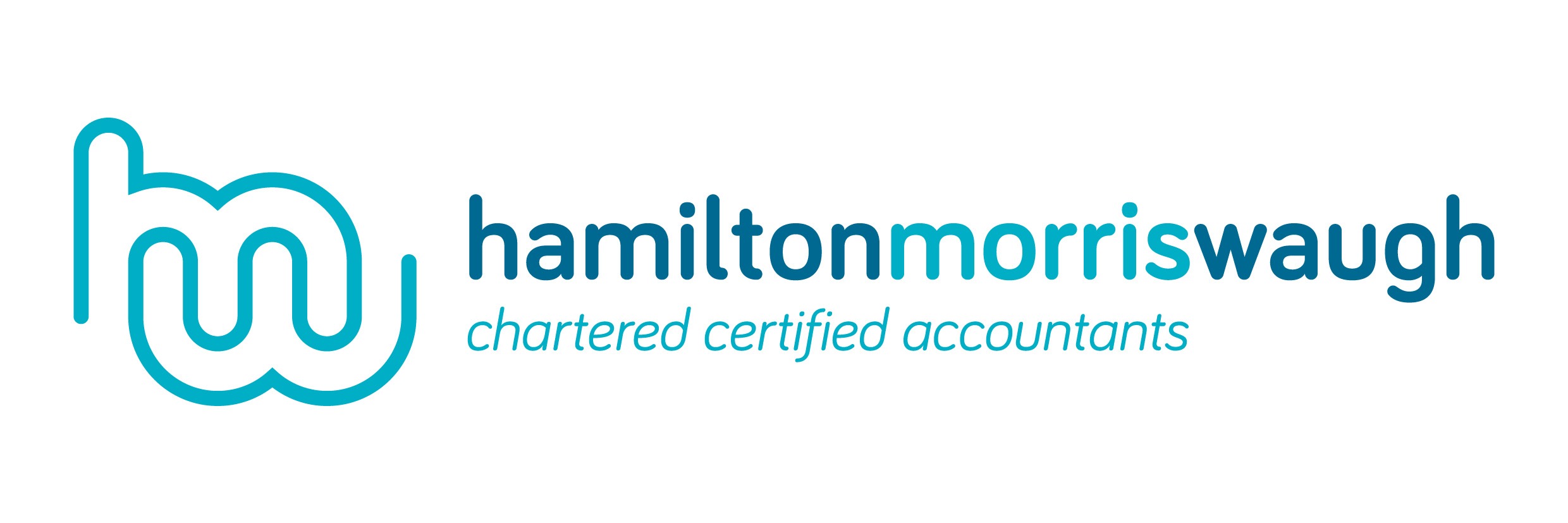Financial reporting and analysis may seem complicated, but it can unlock strategic advantages when executed correctly.
In essence, financial reporting can help you understand your engineering company’s financial health and meet your statutory requirements. The process ensures compliance with laws and standards and can give you valuable insights into your business performance.
Let’s discuss financial reporting for compliance and analysis.
The importance of compliance
Compliance is more than just a box-ticking exercise – it’s pivotal to sustainable and responsible financial management.
When carrying out financial reporting and analysis, you’ll need to meet generally accepted accounting principles in the UK (UK GAAP). These standards ensure that a company’s financial statements are accurate, transparent, and reflect its true economic health.
Additionally, accurate and timely financial reporting can help leaders make well-informed business decisions and draw up solid business plans, which can play a pivotal role in attracting investment.
Conversely, inaccurate or delayed reporting can lead to poor decision-making, missed opportunities, and even non-compliance penalties. This can compromise both your engineering company’s success and stakeholder trust.
What does compliance entail?
Here’s what compliance entails in broad terms:
- Annual accounts: Companies must produce annual financial statements each year to meet their obligations to HMRC. These often include a balance sheet, income statement, cash flow statement, and additional notes and disclosures.
- Auditing: Depending on their size, turnover, and the value of their assets, many engineering companies must also undertake an annual audit of their financial statements.
- Tax returns: Another compliance necessity is filing corporation tax returns, which includes calculating the correct amount of tax and other industry-specific taxes or levies. VAT-registered businesses must also submit quarterly tax returns via HMRC-approved software.
- Industry-specific requirements: Many sectors face unique reporting standards, and engineering is one of them. Depending on your line of work, these could relate to environmental responsibilities, safety records, anti-money laundering (AML), and more.
- Filing and record-keeping: Maintaining good bookkeeping practices is essential if you want to stay compliant. Failing to retain or produce essential records when requested can lead to investigations into your tax affairs or penalties.bo
The importance of financial reporting and analysis
Compliance and financial analysis go hand in hand. By digging into financial ratios, assessing long-term viability, and understanding profit drivers, you can empower yourself to make data-driven financial decisions that move your business forward.
Here are some key pointers of what to consider and assess:
- Liquidity ratios: Debtors use liquidity ratios to measure a business’s ability to pay off their short-term obligations. Understanding liquidity can be crucial in engineering, where large-scale projects may require significant upfront capital.
- Profitability ratios: Measuring metrics like net profit margins and return on assets (ROA) can help you assess your business’s ability to turn a profit. For engineering and manufacturing firms, slim margins are often the norm, so understanding how to maximise profitability is key.
- Leverage ratios: Engineering projects often require hefty financial investment. Carefully examining your leverage ratios can help you identify how much debt you can safely take on.
- Operational efficiency: You can gain insight into how efficiently your business runs by tracking metrics such as inventory and accounts receivable turnover.
- Key performance indicators (KPIs): Choosing tailor-made metrics that align closely with your business objectives and tracking them consistently can help you understand your business performance.
Best practices for financial reporting and analysis
Utilise accounting software
Adopting robust accounting software is one of the most effective ways to simplify financial reporting.
Depending on your software provider, features can include access to real-time data, automated analysis of your company accounts and compliance tracking based on financial reporting standards.
Template reports
Templates can be a lifesaver if you want to draw up reports on a regular basis. By standardising the layout and data points you track, you can save time and ensure consistency in your reporting.
Automated data feeds
Cloud accounting technology can automate many time-consuming manual tasks like data entry. By integrating your accounting software into your business operations, you can automatically populate your financial reports with relevant data.
This is particularly useful for engineering companies, where project-based accounting might require information from departments like procurement, operations and payroll.
Working with a qualified bookkeeper can also help minimise your administrative burden.
Data analysis tools
Beyond compliance, financial analysis can play a key role in strategic decision-making. An accountant can transform raw data from your accounts into insights you can act on.
Data visualisation tools like bar charts and graphs can also help you identify trends over time or compare datasets.
Regular compliance checks
Instead of treating compliance as a one-off, year-end ordeal, you should aim to incorporate regular checks. Staying on top of your obligations throughout the year can make it easier to meet your reporting obligations and submit accurate returns at the end of your financial year.
Your accountant can conduct these checks for you as part of their core services, while software solutions can offer real-time compliance tracking features that alert you if something is amiss.
Seek expert advice
Consulting with financial advisors who understand your industry can be instrumental in unlocking cost savings and other benefits.
As accountants for engineers, we can help you on your journey to success. Our tech-led approach means we use both our expertise and cloud accounting software to help you meet your obligations and give you a greater understanding of your financial health and potential for growth.
Get in touch with us today to find out how we can balance your compliance needs with financial reporting and analysis to keep your engineering firm on the road to success.


